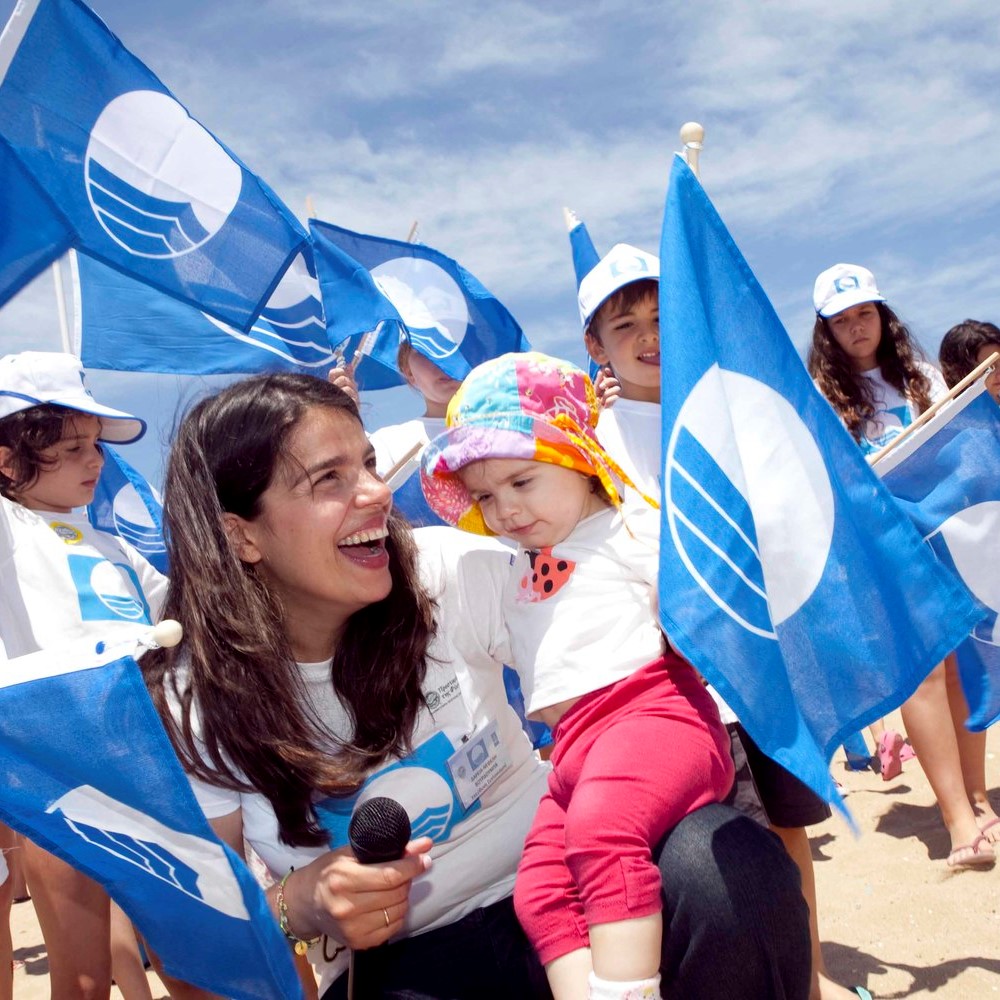
Have you ever heard of a “Blue Flag beach”? Of course you have! The iconic Blue Flag is one of the world’s most recognized voluntary awards for beaches, marinas, and sustainable boating tourism operators.
We are proud to announce that Blue Flag has joined the global CitiesWithNature partnership initiative!
Image provided by: Blue Flag
